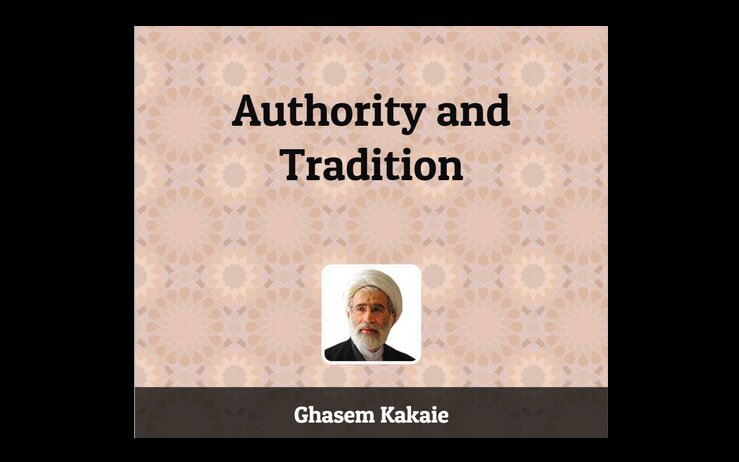Hawzah News Agency - Authority, in Islamic terminology, may be defined as “wilayah”. Literally, this term means intimacy, assistance, love, and tenure of office. He who has such qualities is called “wali”. According to the Holy Quran, God is to be known as “wali”. God owns all existence and as a result, He leads the universe. Since God is Wali and Guardian of the entire world, He is its “Guide” as well. God, Who has authority over the entire existence, guides every type of existent to its own way of perfection. Unlike most of the existents, human perfection is to be achieved consciously and freely. Therefore, man is in need of teaching so that this consciousness and freedom may grow.
According to Islam, human beings' otherworldly happiness passes through this world and, therefore, human beings must be actively involved in the social life. One of the striking aspects of the Holy Quran is that it announces plans and rules for social life. In this regard, there are four duties for the Holy Prophet:
I. Receiving what revealed by God.
II. Communicating the revelation to people
III. Interpreting the revelation
IV. Administering the divine rules
However, Islam draws no sharp line between this world and the other world, between devotional points and political ones. But rather many Islamic devotional commandments are at the same time political ones as well. No one has cast doubt in the fact that the Holy Prophet (pbuh) had established a State in his own era, during which he led Muslims and appointed some persons for certain positions. Moreover, in some occasions, he issued certain instructions in which rulers' responsibilities had been clarified. Also, to settle disputes among people, he appointed judges. He executed Islamic Penal Statute. Between him and other tribes and sects, pacts were concluded. In order to study people's and tribes' problems, he had appointed some persons to collect information; assigned natural resources, according to rules, to some people to exploit these resources. To collect Islamic taxes, a systematic organization had been established; and many times, he organized and dispatched peoples to resist attacks by other tribes and states. Such activities made sense only in the light of a State led by the Holy Prophet (pbuh). ...
To know more about the issue, click on download.


Your Comment